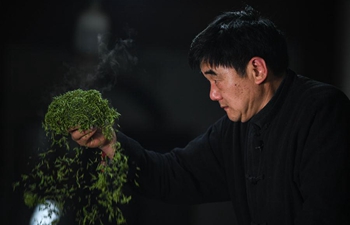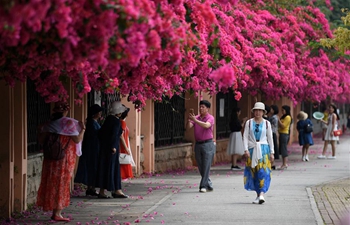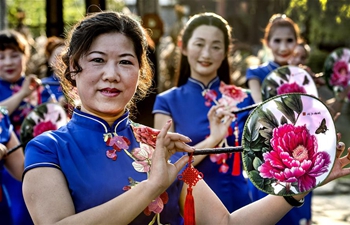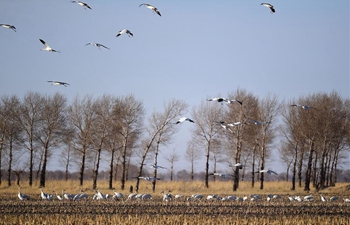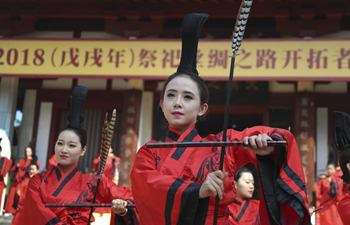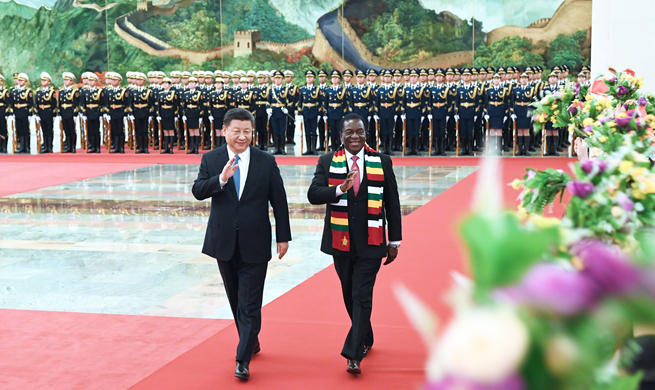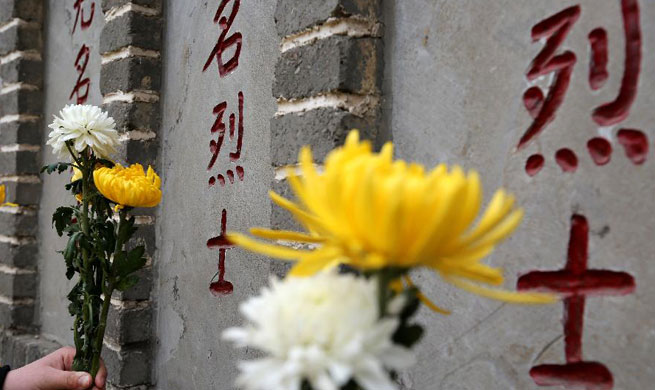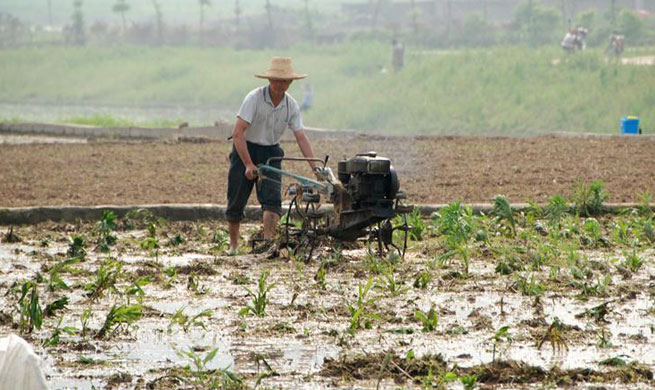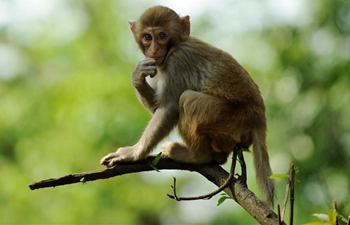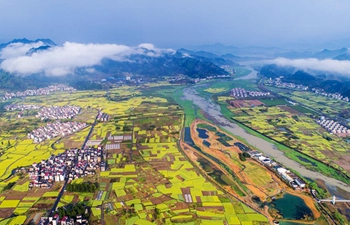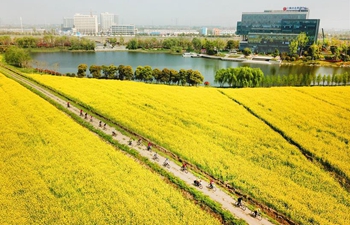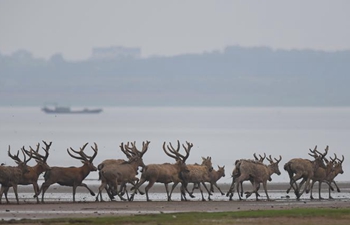ANKARA, April 4 (Xinhua) -- Ankara and Moscow are strengthening their security ties on major issues in the region especially in war-torn Syria, and they have recently boosted their cooperation beyond a tactical one, according to local experts.
As it could take years for Syria to restore peace and stability, Turkey's presence there would last accordingly. During the years, Turkey and Russia are expected to cement their cooperation on regional security matters, said Serkan Demirtas, an Ankara-based analyst.
Coordination between Turkey and Russia in Syria had paved the way for the former's military offensive in the northern part of the country, said Demirtas, adding that Turkey's cooperation with Moscow helped Ankara become a hard power in the region.
"Turkish troops are currently in the Idlib, Afrin and al-Bab regions of northwestern Syria. The government has vowed that the next targets will be east of the Euphrates and even northern Iraq. It is a fact that Turkey's military moves are now taken much more seriously by world powers and regional countries," he said.
Turkey and Russia have forged an increasingly close alliance recently, from boosting energy ties, sealing defense agreements, to holding talks on ending the Syria crisis.
Russian President Vladimir Putin visited Ankara on Tuesday as his first trip abroad since he won a historic fourth presidential mandate on March 18.
During his visit, Putin and his Turkish counterpart Recep Tayyip Erdogan attended a groundbreaking ceremony via video teleconference in southern Mersin province for the launching of Turkey's first nuclear power plant project, Akkuyu Nuclear Plant, a powerful symbol of the deepening cooperation between Ankara and Moscow.
Although the financial problems of the Akkuyu project are yet to be resolved, Putin attended the ceremony upon Turkey's request, and this indicates the importance he attaches to his relations with Erdogan, noted Aydin Sezer, head of the Turkish-Russian Research Center.
By doing so, Erdogan intended to underline the economic and investment capacity of his country, the expert said.
Turkey's atomic energy authority on Monday granted Russian builder Rosatom a construction license to start construction work of the first unit of the nuclear power plant, one day before Putin's visit.
Nevertheless, the shares allotment of the project is yet to be clarified. Rosatom holds a majority of 51-percent stake of the plant, and it is still seeking to sort out the remaining 49-percent stake.
The original plan was to give it to a Turkish consortium of three contracting conglomerates known as Cengiz-Kolin-Kalyon (CKK), but the investors have recently withdrew due to disagreement on commercial terms.
"The probability to reach an agreement on the stake sale of the plant is low this year, but it is likely to take place in the next year," Alexei Likhachev, CEO of Rosatom, told reporters during a press conference in Moscow last week.
In a joint press conference with Erdogan on Tuesday, Putin announced that Russia will meet Turkey's demand for an early delivery of S-400 missile defense systems ahead of the schedule, a purchase that has raised eyebrows among NATO allies.
Turkey and Russia have agreed to bring forward the delivery of the defense missile systems to July 2019, Ismail Demir, Turkish Defense Industries Undersecretary, wrote on Twitter late on Tuesday.
Turkey is also interested in a technology transfer and even joint production of the S-400 systems with Russia, but Moscow did not agree.
Asked at the press conference, Putin did not comment on the possibility of technology transfer, saying "these are exclusively commercial questions" rather than political ones.
In terms of partnership between Turkey and Russia in Syria, Sezer recalled that Russia had allowed a limited military operation of Turkey in southern Afrin province against the People's Protection Units (YPG), a group that Ankara deems as the Syrian branch of outlawed Kurdistan Workers' Party (PKK).
In return, Turkey cooperated with Russia on the evacuation of rebel fighters in Syria's Eastern Ghouta and their settlement in rebel-held province of Idlib, the expert said.
Moscow also aimed at increasing its leverage on Syrian Kurds, who had chosen the United States as their ally in the fight against the Islamic State (IS), according to Sezer.




